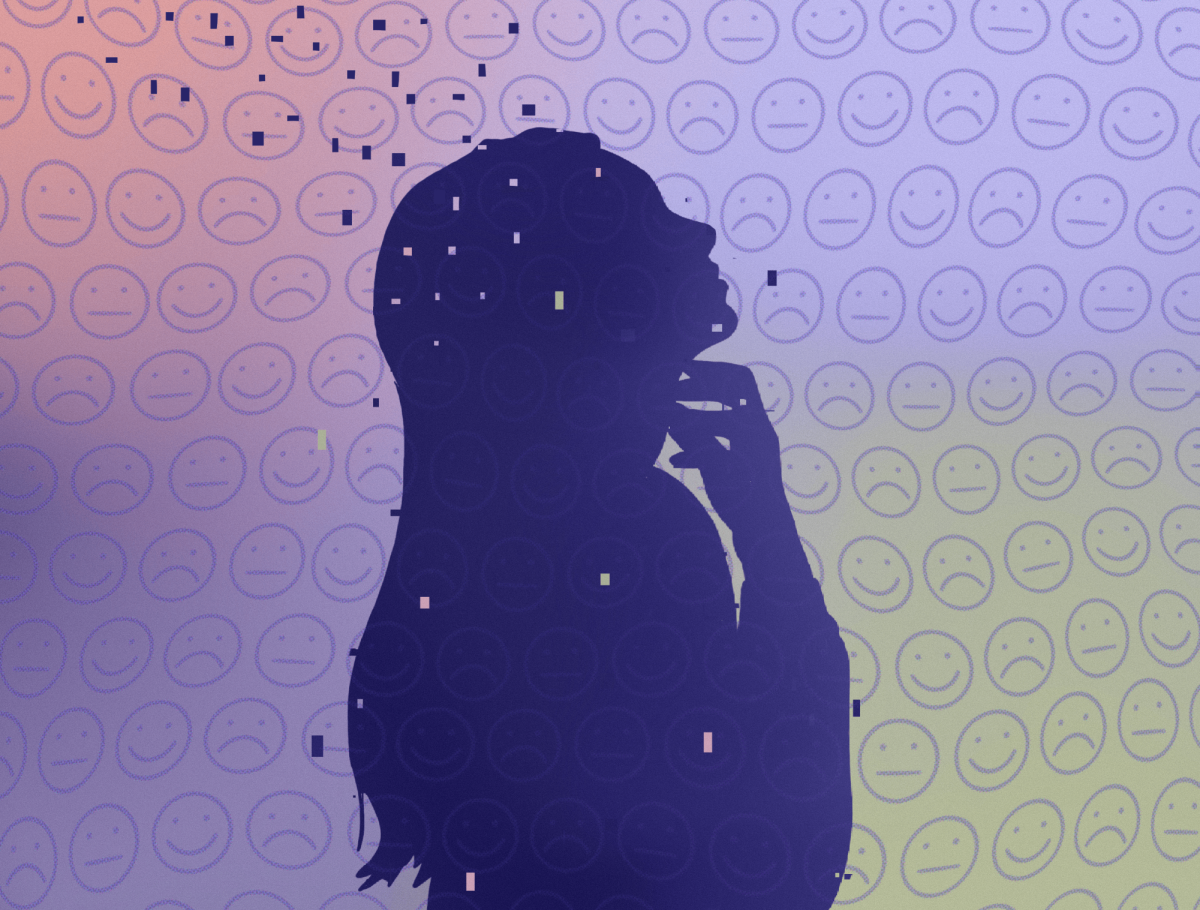Editor’s note: This column was submitted to the Texan by a member of the UT community.
Like many common challenges among all groups, there is often shame directed toward a person’s mental health struggles. In the present day, mental health is still frequently attributed to faith-related concerns or dismissed as a minor issue, lacking the serious attention it deserves in numerous cultural and religious contexts. Within our Muslim community, that shame gets misdirected towards a person’s religious practices. Elders, parents, relatives or even other students can say things that bring down how we are as Muslims just because we are depressed or anxious. I have heard and read comments that say, “You just need to pray more.” or “It is not real. You are letting the devil control you.”
It makes us question our faith and may even demotivate Muslims in their religious efforts. Do I pray enough? Do I need to read more of the Quran? Do I just not do enough? While believing in our faith and the power of Allah is important, these comments only invalidate the reality of mental illnesses. That is, mental illnesses are real. To emphasize the significance of acknowledging the reality of mental illnesses, the Muslim Mental Health Organization aims to dispel misconceptions that mental health is exclusively spiritual. Additionally, they aim to facilitate easier access to resources and education regarding mental health.
Our religious leader, specifically the Imam of Nueces Mosque, was eager to help us in our initiative. In fact, he has shown his support for mental health from the start of his welcome. By offering office hours to Muslims in Austin, various students have opened up about any related mental health inquiries. Although our imam and community at Nueces Mosque offers a strong social support system to help Muslim students struggling with their mental health, a spiritual leader is only able to do so much. There needs to be more support for Muslims from a medical/psychological side.
Thus, this is a gap in which UT could implement resource(s) for Muslims struggling with their mental health. Having health professionals such as licensed psychologists, psychiatrists and therapists who are faith-based and are able to connect with students culturally and religiously is vital to students receiving the help they need and improving cultural relativism. Although therapy is known to hold the value of not implementing any cultural, religious and overall diverse biases, many are more prone to open up about their problems when they can reflect with the provided therapist.
As students, there are everyday stressors like being academically burnt out. However, there are additional ethnic, racial and cultural stressors that aren’t relatable to every single student. For example, an immigrant student may suffer from academic burnout while also having doubts about maintaining their student visa. This student may not think they could be heard when the only therapists available are all American citizens. Same with religion.
Muslims have certain values and morals embedded in their daily lives that can’t be perceived by a therapist of a different religion. Having a person who identifies with similar beliefs as you can reassure and validate mental health concerns and feelings. With accessible Muslim therapists for our students, the issues that could only be understood and reflected by Muslims can start to truly get talked about and overcomed. It is vital for there to be additional outlets and resources to support Muslim students and students from other cultural or religious minorities in addressing their mental health needs.
JazakAllah Khayran (May Allah reward you with goodness),
Nur Sarah Hizam is a Psychology Pre-Med Junior and President of the Muslim Mental Health Organization.
















